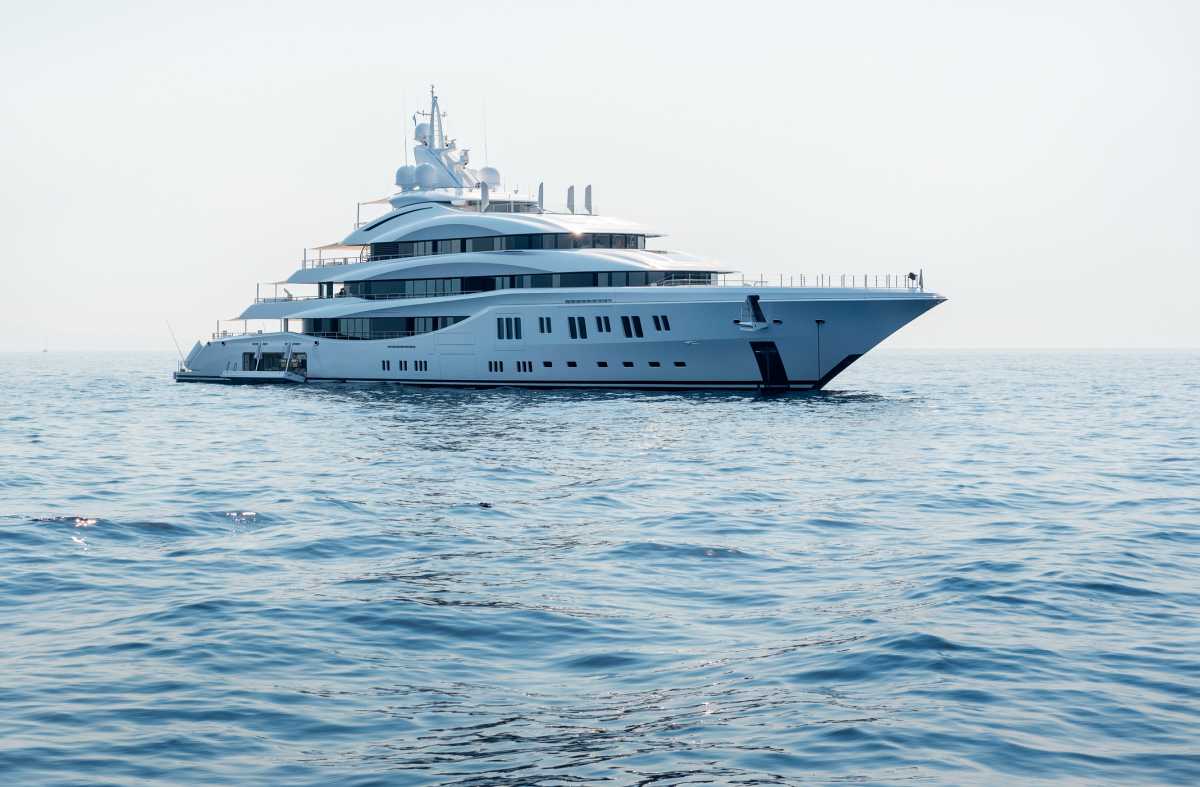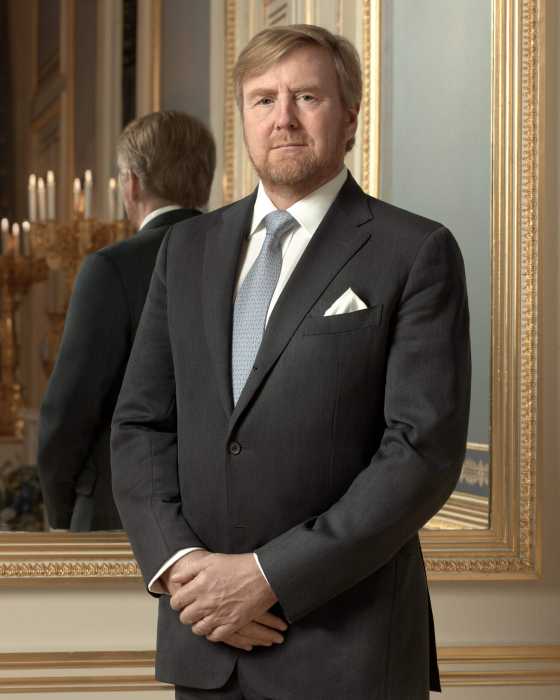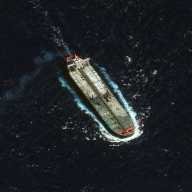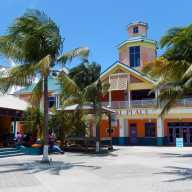Authorities in the Caribbean and Suriname say they are beginning to think that they are on to a new cocaine smuggling ring from the region mostly to Europe using pleasure boats such as yachts and sailboats and the new focus of law enforcement officers has led to the arrests of dozens of crew members in recent months.
At various times of the year, pleasure vessels come to various tourism islands in large numbers to participate in annual sailing week and other events mostly around Easter. Security officials pay little attention to them as tourism officials are the ones liaising with crew rather than law enforcers but the lax approach to visitors by sea is about to change, officials say.
A slew of high seas interceptions of yachts in recent months, laden down with large quantities of cocaine headed to Spain and other European capitals, have switched enforcers on to what they believe is a brand new way of smuggling drugs from South America under the’ radar’ of law enforcement. Police and the military from nearly every Caribbean nation have at one time or the other been activated to assist US, British and Canadian authorities as in many cases, the smuggling vessels might have transited local waters or had made port calls with officials unaware of their cargo.
In February, officials in the region launched a probe after a St. Vincent-owned and registered fishing trawler was intercepted with more than four tons of cocaine just off the north coast of Suriname, a Caribbean Community member nation. The interception was done with the help of the US. The United States Drug Enforcement Administration (DEA) which estimated its street value at an astonishing $125 million. Officials said the vessel was leased from its owners.
“The vessel that was later identified as the Lady Michelle appeared to be dead-in-the-water and was also in water too deep to conduct normal fishing operations. The vessel was also located in a known drug trafficking route,” a statement from authorities had said.
In June, European officials nabbed 39 individuals in Spain, Norway, Poland and other European capitals after intercepting a vessel with Euros 45 million worth of cocaine. Searches were also conducted in homes and buildings in Trinidad, and Panama as authorities worked to smash the ring. Late last month, French officials seized 1.2 tons of cocaine worth Sterling 96 million on a vessel east of Martinique in the Caribbean.
De Ware Tijd, Suriname’s leading daily newspaper, reported recently that lax monitoring of pleasure boats has contributed to a thriving and lucrative drug trade.
“No control is exercised on the ships by the Maritime Authority in Suriname or by the coast guard or police. And according to the Spanish authorities, that should happen, as happens elsewhere in the Caribbean on a random basis. The coast guard in Europe also regularly checks incoming sailing yachts. In recent months, several boats carrying cocaine have been intercepted in southwestern Europe and off the West African coast. Usually the crews of these ships are professional smugglers hired by the drug lords. However, occasionally they are real recreational sailors who are prepared to take a big gamble,” the paper stated.

























